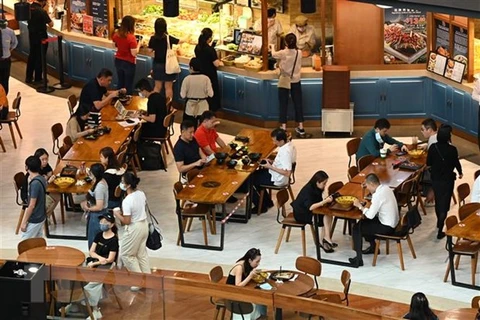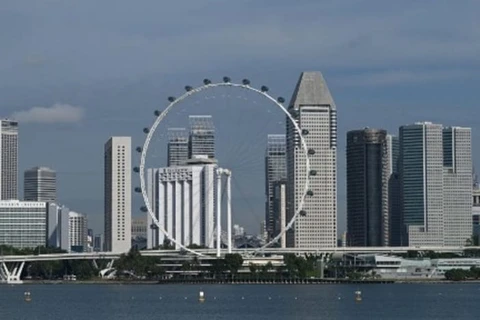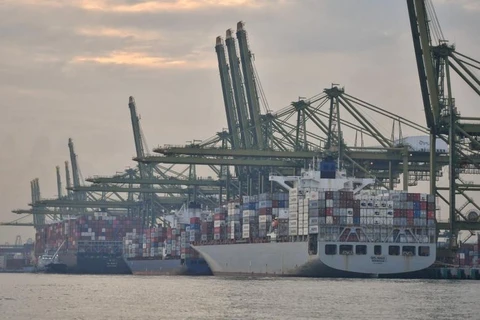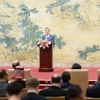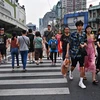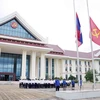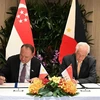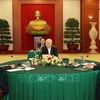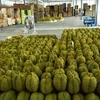 With Singapore importing more than 90 percent of its food, the government has been diversifying food import sources to reduce vulnerability to large price fluctuations globally and ensure that food supply prices remain competitive. (Photo: CNA)
With Singapore importing more than 90 percent of its food, the government has been diversifying food import sources to reduce vulnerability to large price fluctuations globally and ensure that food supply prices remain competitive. (Photo: CNA) Singapore (VNA) – In the context of inflation being at its highest level in almost a decade, the Singaporean government has devised a multi-pronged strategy to minimise inflationary pressures on businesses and consumers.
Addressing the parliament on January 11, Minister of State for Trade and Industry Low Yen Ling said the government has set forth policies to keep the Singapore economy competitive so that it can continue to create good jobs to bring sustainable wage growth for Singaporeans.
Earlier, the Monetary Authority of Singapore (MAS) last October tightened monetary policy. This measure strengthens the Singapore dollar, which in turn helps reduce the cost of imports and shield Singaporeans from some external cost pressures.
The government also carefully managed domestic supply-side constraints, such as the supply of industrial and commercial space, to help rein in business rental costs that may translate to higher consumer prices. Policy measures such as the Jobs Support Scheme have also alleviated labour costs, she added.
Low pointed out that Singapore's diversification of food import sources helps to ensure that prices of food supplies remain competitive and reduces its vulnerability to large price fluctuations globally.
Singapore authorities work closely with industry partners to ensure that the prices of daily necessities and food items are competitive and affordable. The Singapore government also supports companies with human resources costs, helping them better cope with supply chain disruptions.
Singapore's overall inflation rose to 3.8 percent in November last year while core inflation - which excludes accommodation and private road transport cost – came in at 1.6 percent the same month.
Given these factors, the MAS and the Ministry of Trade and Industry (MTI) have raised their overall inflation forecast for Singapore in 2021 to 2.3 percent. The inflation is projected to average 1.5 percent to -2.5 percent this year. Singapore’s core inflation is expected to average 0.9 percent in 2021 and to rise from 1 percent to 2 percent in 2022./.
